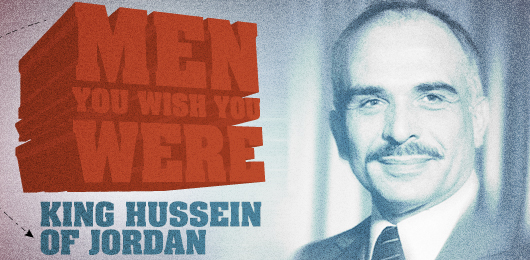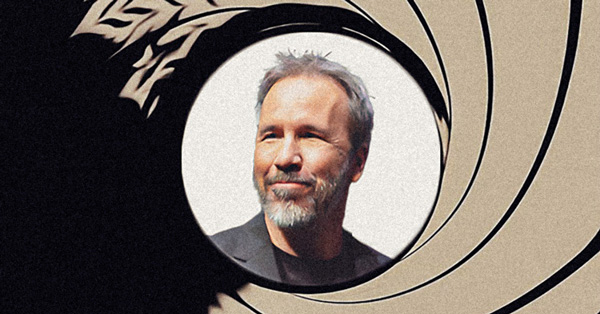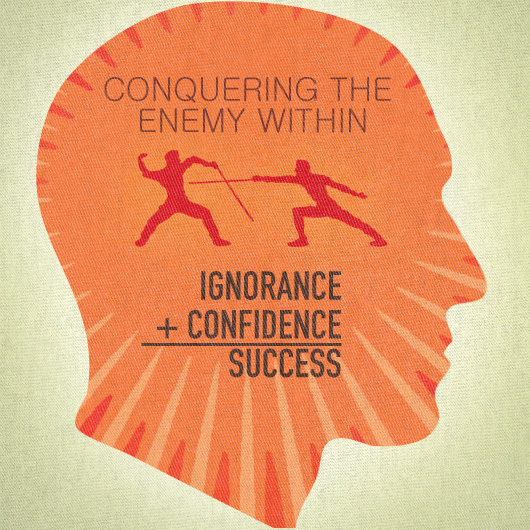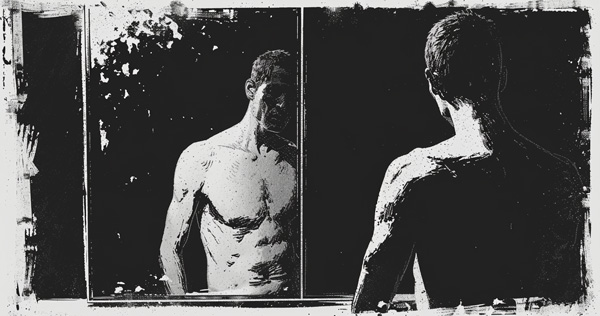“I still feel that those of us who work for peace and believe in peace have a very, very loud voice, and hopefully, wisdom and common sense will prevail.“
– King Hussein of Jordan shortly before his death
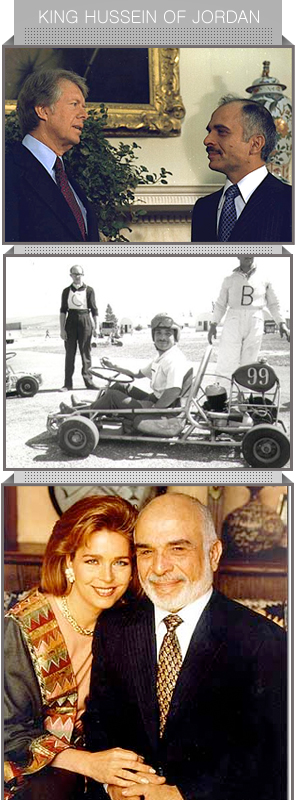
Walking a razor thin line between smooth relations with the west and his fellow Islamic nations, King Hussein, worked tirelessly to try and maintain a stable and peaceful state for his people and the people of neighboring countries. He accepted over a million Palestinian refugees as citizens after the Six Day War and led Jordan to become only the second country in the Middle East to sign an official peace treaty with Israel. Hussein even developed a life long friendship with the Prime Minister of Israel, Yitzhak Rabin, and spoke at his funeral.
Throughout his 46-year reign his aversion to extremists helped to establish a very close relationship with the United States and other countries in the western world. To this day, the Jordanian GID holds the closest ties to the CIA of any intelligence agency in the Middle East.
King Hussein was diagnosed with lymphatic cancer in 1998. While returning from treatment in January of 1999, despite doctors’ advice to stay in London and rest, he piloted his own aircraft in a flight back to Jordan and then proceeded to stand in a limousine in the pouring rain to meet the millions of citizens that came out to greet him during the long drive from the airport to his home. He would die less than a month later.
To learn more about King Hussein visit:
http://www.kinghussein.gov.jo/
http://www.questia.com/library/history/middle-eastern-history/king-hussein-jordan.jsp



